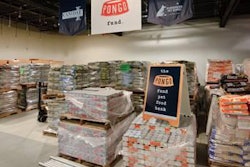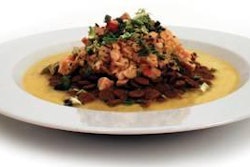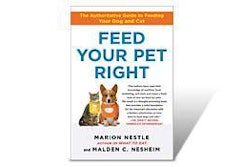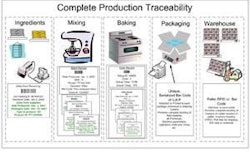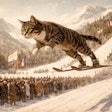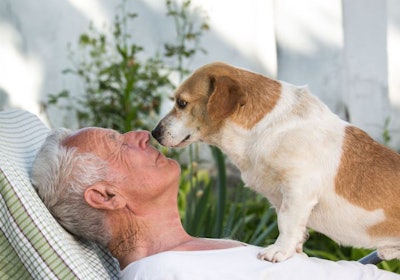
The European Pet Food Industry Federation (FEDIAF) has published an expert paper on the nutritional needs of older dogs. FEDIAF is an umbrella organization of national pet food industry associations, representing the European pet food industry with around 200 production sites.
The new paper includes a collection of recent scientific data. It also explains the different life expectancies of dogs related to their sizes and defines when “old age” sets in.
The paper gives practical guidance to pet owners for feeding an older dog. It explains how changes in the digestive tract can affect food intake, or how food texture may become a crucial factor. According to FEDIAF, aging can lead to changes in energy metabolism and alter the nutrient requirements of senior dogs. Owners may need to ensure that their senior dogs receive an adequate supply of protein, fiber, minerals, fat, energy, trace elements and vitamins.
Nutritional requirements of older dogs
“Age-related changes in cognitive functions, behavior, skin, digestive tract, cardiovascular system, respiratory tract, degenerative joint and skeletal function, as well as urinary disorders are the most common issues concerning older dogs,” said Dr. Thomas Brenten, chairman of FEDIAF’s Nutrition & Analytical Science Group. “Many of these can be addressed via nutrition.” For example, degenerative joint problems may reduce a dog’s physical activity, resulting in reduced energy requirements.
According to FEDIAF, the proportion of senior dogs in the total dog population is increasing. “There is a great need to take their specific dietary requirements into account,” said Brenten in a press release. “Proper nutrition ensuring adequate intake of energy, protein, minerals and vitamins is essential to ensure good health and longevity for our pets.”
FEDIAF’s Scientific Advisory Board, consisting of independent academics from European universities, developed the expert paper. Since 2010, advisory board members have assisted FEDIAF in updated the FEDIAF Nutritional Guidelines.
The paper, “Nutrition of Senior Dogs,” is available to be downloaded for free on FEDIAF’s website.


